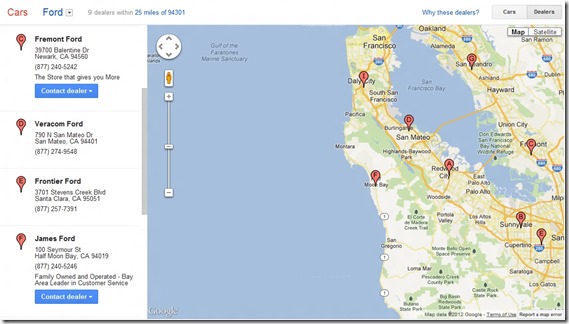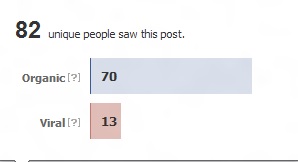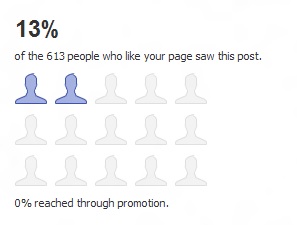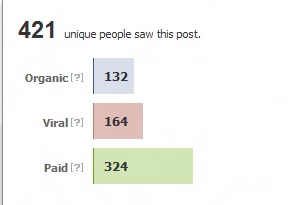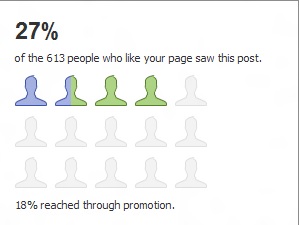Yesterday, Brian Pasch posted a great article with the first examples of a new live Google product called Google Cars – Google’s entry into the 3rd party lead provider business for car dealers.
Other than all the obvious tactics that other third-party lead providers employ to maximize revenue from a consumer lead (as illustrated by Brian), I did some digging and found another component of their program that I thought was very interesting.
In Google’s support article explaining the program exists this piece of advice for consumers:
“If you see a particular car (specified by a unique VIN) showing in a dealer’s inventory, you may be able to get that car from other dealers as well. Dealers often times trade inventory with each other, so you can buy from the dealer that you prefer.”
What?!?!
The only way Google could have a dealer’s inventory is via the dealer feeding it to them. If you’re a dealer sending your inventory to Google, be advised that Google is telling consumers that if they find the exact car they’re looking for (down to the specific VIN) in YOUR inventory, that a consumer doesn’t have to buy it from you.
In my internet sales career, there were many times that myself and a competing dealer were working with the same customer online. One of the things I always had to look at was if the exact car the customer was looking for was available and who had it. There were plenty of occasions where the only convenient place that had the exact car the consumer wanted was my dealership. One of the strongest value propositions I had when quoting and/or trying to convince a customer to do business with me versus my competitor was that I had the car.
Since Google doesn’t release the consumer’s information to the dealer, it’s going to be much harder to identify the cases in which my competitor is working the same customer and trying to sell them a car that I have in stock with the intention of dealer trading with me for the vehicle.
One has to assume that only dealers providing inventory and/or participating in this program have the “Contact Dealer” button available as not every dealer does (as illustrated in the image below).
As you can see in the example above, it appears that dealer C and F are participating in this program while dealer D and E are not based on the existence (or absence) of the “Contact Dealer” button. So, as a consumer, I’m guessing that only inventory from dealer C and F would be available for a consumer to view. However, using Google’s own advice, I now know that since dealer D is closer to me, I could hypothetically buy dealer C’s car from dealer D.
I don’t necessarily want a provider that I am paying telling the consumers I am paying to attract that they can buy MY cars from my competitor.
My other thoughts on Google Cars:
Not only is this new program by Google hijacking dealer’s SEO efforts by making Google Cars the “most relevant” result in searches but the inventory itself is hosted on Google’s own site which could also eliminate the need for a consumer to visit your own website.
Google is also considering the vehicle results delivered via search as “Sponsored” versus organic results so now they are also competing with you for your PPC ad placement.
It’s going to be pretty difficult for dealer’s to NOT participate in Google Cars. Unlike other third party lead providers who rely on organic result positioning and PPC ads, a dealer can combat this if it has an aggressive SEO strategy. Google, on the other hand, is always going to deliver their program at the top of the search results, right above the first true organic search result.
Does anyone truly believe Google is going to bury their income-producing program in search results?
On top of this, Google’s recently formed automotive division has been invited to (and spoken at) many of our industry’s educational events in the last year or so giving advice and “assisting” dealers when all along they were preparing to bring to market a product that would compete with those very same dealers for not only their money but also in their search engine marketing strategies.
Google is the new Honey Badger. They don’t care. They’ll just take what they want.
